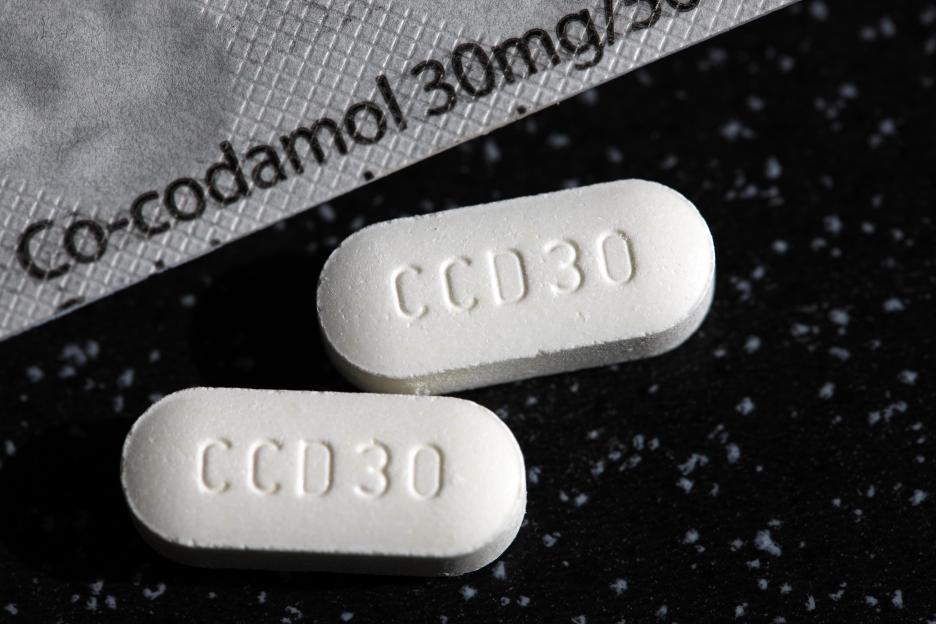WITH August’s scorching weather showing no signs of letting up, staying cool at home has become more essential than ever.
This is why an electric fan is likely to become your new best friend for the coming weeks, while you try to take the edge off and feel cooler .
 Fans are a go-to way to stay cool in summer heat
Fans are a go-to way to stay cool in summer heat
 But research suggests they could raise your risk of heart attack
But research suggests they could raise your risk of heart attack
But a new study from Australia suggests using the humble device could do more harm than good by increasing your risk of a heart attack.
Scientists from the University of Sydney recruited 20 people to test how fans affect body temperature, heart rate, sweating and comfort when used in a hot and humid environment.
They also wanted to find out whether hydration levels made any difference, since it’s already known that fans can sometimes make heat stress worse.
The participants completed the experiment in a climate-controlled chamber set to 39.2C with 49 per cent humidity.
In two of the sessions, they were well hydrated, having consumed the recommended amount of fluids for 24 hours beforehand, and were also allowed to drink during the trial.
In the other two sessions, they were deliberately dehydrated by avoiding fluids and foods with high water content for 24 hours and were not permitted to drink during the trial.
Each hydration state was tested both with and without the use of a fan.
A series of temperatures were measured, including their heart rate, rectal temperature, whole body sweat rate, thermal discomfort, and thirst level.
The results revealed that fan use while dehydrated can worsen heart strain, which can eventually lead to heart attacks.
The experts concluded that using a fan increased sweat losses by about 60 per cent, which could mean using a fan is more harmful if you are dehydrated.
The study lead, Connor Graham PhD said: “Most extreme heat decedents do not have air conditioning but often own electric fans.
“Fan use can reduce heat-related elevations in thermal and cardiovascular strain at temperatures up to approximately 39 to 40C.
“In hotter conditions, fans should be turned off, as they can worsen heat stress.’
This, Connor said, is because the high temperature of the air causes the body to heat up faster than it can cool itself by sweating.
This isn’t the first time fans have been linked to an increased risk of heart issues.
Previous research has found that fan use can reduce heat and heart strain in temperatures up to around 39C, but once the mercury edges past 40C it’s better to turn them off.
Researchers have previously also recommended only using fans when it’s below 39C for healthy adults below 40 years old and 38C for older adults 65 or older.
They also warned fans should only be used in temperatures above 37C in older adults on anticholinergic medications like oxybutynin for bladder control.
How to stay safe in hot weather
The UK Health Security Agency advised you follow these tips to reduce your risk of dehydration, heat exhaustion and heatstroke:
- Keep out of the sun at the hottest time of the day, between 11am and 3pm
- If you are going to do a physical activity like exercising or walking the dog, plan to do these during times of the day when it is cooler such as the morning or evening
- Keep your home cool by closing windows and curtains in rooms that face the sun
- If you go outside, cover up with light clothing, a hat and sunglasses and slather on sun cream
- Drink plenty of fluids but limit booze
- Know the symptoms of heat exhaustion and heatstroke and what to do if you or someone else has them
- Check on family, friends and neighbours who may be at higher risk of becoming unwell, and if you are at higher risk, ask them to do the same for you
Source: UKHSA







